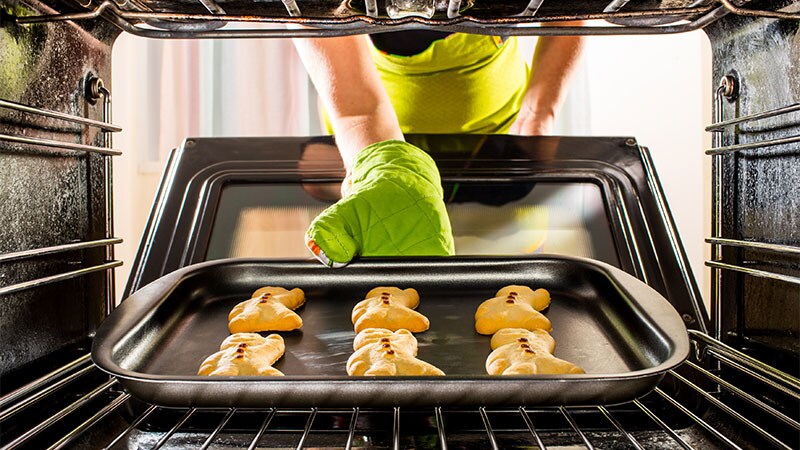Top Coping Strategies to Quell Pandemic Stress Revealed
Editor’s note: Find the latest COVID-19 news and guidance in Medscape’s Coronavirus Resource Center.
TOPLINE:
Cooking and baking as well as remote communication with friends and family were among the most popular coping strategies during the COVID-19 pandemic, with culinary endeavors improving psychiatric symptoms and well-being.
METHODOLOGY:
The COVID-19 pandemic involved mandated lockdowns, which curtailed outdoor and social activities and forced individuals to do activities they could access while staying home.
In total, 204 participants were included in the longitudinal study of families at risk for depression, median age 41 years, who completed pre-pandemic assessments and an online survey during the pandemic in which they endorsed up to 13 activities they found to be helpful coping strategies.
Researchers examined whether and how activities respondents found helpful were associated with psychiatric symptoms and psychiatric well-being.
They also assessed the extent to which these associations, if significant, were moderated according to gender, age, familial risk of major depressive disorder, and psychiatric history.
TAKEAWAY:
The most common activities reported by respondents were “communicating with friends/family via telephone, text, or video” (75.5%), “helping family members” (50%), “cooking and baking” (44.4%), “cleaning/household chores” (40.7%), and “helping non-family members” (38.5%).
Of nine mental health outcomes assessed before and after the pandemic, cooking and baking were related to the most outcomes (seven), including lower Personal Health Questionnaire-9 item (PHQ-9) depression (P < .01), lower Inventory of Depressive and Anxiety Symptoms – Expanded Version (IDASII) suicidality (P < .05) and IDASII anxiety (P < .01), greater IDASII wellbeing (P < .05), and greater Social Adjustment Scale – Self-Report (SASSR) social adjustment (P < .001).
The effects of cooking and baking were evident for both males and females, but younger individuals (under age 40 years), especially females, and those with a recent psychiatric history appeared to benefit the most
IN PRACTICE:
“Drawing on past theories and recent speculation, we surmise that cooking and baking are therapeutic and, in clinical settings, can be useful adjuncts in therapeutic interventions for stress-related psychiatric symptoms and disorders,” the investigators write.
SOURCE:
The study was conducted by Eleanor Murphy, PhD, Department of Psychiatry, Vagelos College of Physicians and Surgeons, Columbia University, New York City, and colleagues. It was published online July 11 in the Journal of Affective Disorders.
LIMITATIONS:
The study may have missed some coping activities used by respondents and did not include data on substance abuse. It measured depression only based on clinical interviews, symptom checklists, and Diagnostic and Statistical Manual of Mental Disorders-based criteria and didn’t use advanced brain imaging technologies such as infrared to detect depression. In addition, the sample was racially and ethnically homogenous.
DISCLOSURES:
No disclosures were reported.
For more Medscape Psychiatry news, join us on Facebook and Twitter.
Source: Read Full Article
